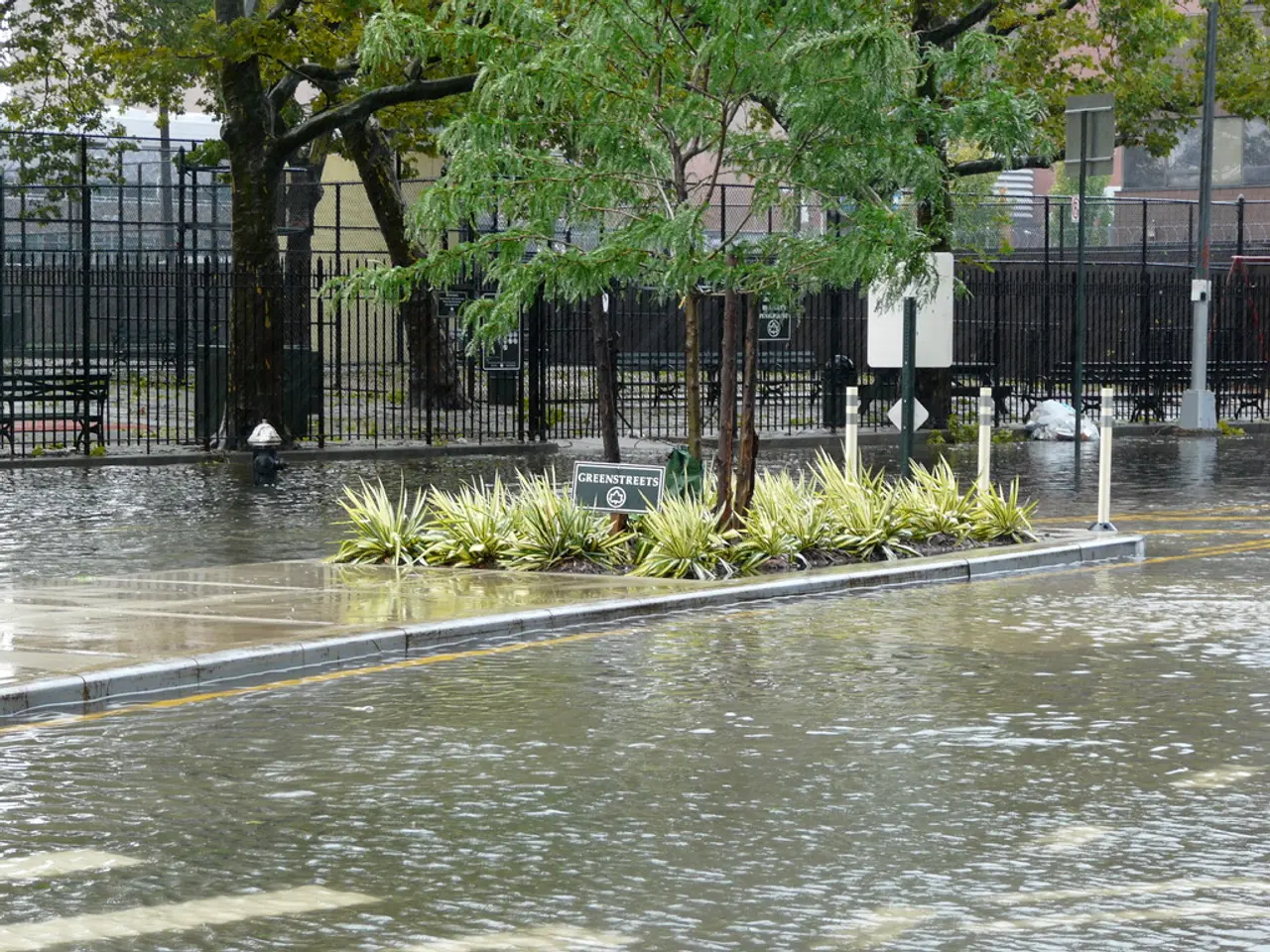Water Crises Fuel Global Conflicts, Real-Time Data Offers Solutions
Water management is increasingly becoming a global security concern. Deteriorating water quality and scarcity are fueling conflicts and eroding regional stability. Real-time data technologies offer solutions, as demonstrated in South Africa.
Water stress, linked to instability and conflict, is evident in South Asia and Northeast Africa. Pollution, nutrient overload, and climate change are shrinking freshwater supplies, intensifying competition over shared waters. This is particularly true in Asian countries around the Brahmaputra and Mekong rivers, controlled by China, and in the Nile Basin, including Ethiopia, Sudan, and Egypt. Water quality deterioration triggers toxic events like harmful algal blooms, making water unsafe and devastating local economies.
Equitable resource sharing is crucial to prevent water-related conflicts, as seen in the Syrian civil war. However, inadequate investment in freshwater ecosystems leaves nations vulnerable to cascading crises. Successful water quality interventions, like the Setumo Dam restoration in South Africa, show the potential of high-resolution data. Treating water management as a national security priority can help prevent water crises by using real-time data technologies. Linking water conservation to broader climate goals can unlock new investment channels for sustainable water stewardship.
Water-driven disputes are increasingly shaping today's geopolitical landscape. To prevent water crises and conflicts, nations must prioritize water management, invest in freshwater ecosystems, and share resources equitably. This requires international cooperation and innovative use of technology to monitor and improve water quality in real-time.







